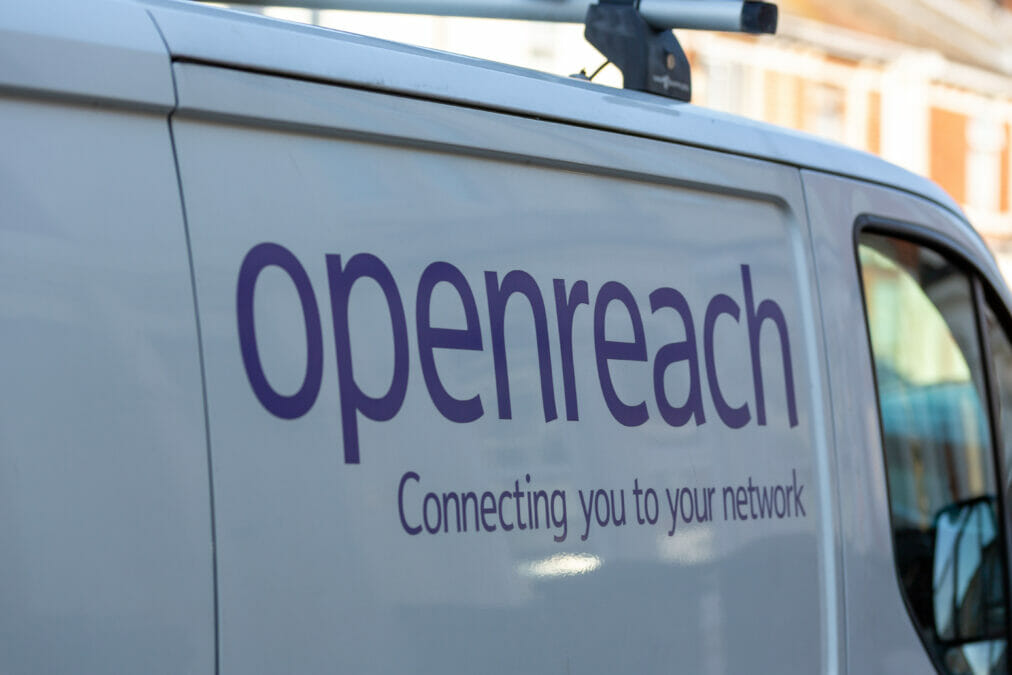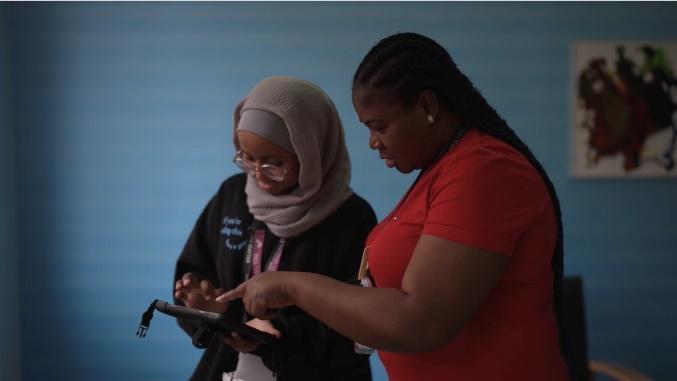In 2025, there will be a switch off of the last elements of Openreach’s analogue and digital network, as an all-IP network replaces these legacy services. This is hardly surprising when you consider that the Openreach analogue network hasn’t really changed since 1912. It’s an old network which is expensive to maintain. As projects go, this will be a huge undertaking as essentially, anything currently using a copper line will not function because the signaling does not work over an all-IP network. We are talking about analogue voice telephone services and any service that uses these lines (dial up devices, fax, alarm systems, modem, building management systems, lift lines, PDQ machines, FTTC Broadband amongst others).
There are currently around 15 million lines that need to be migrated and to facilitate this, Openreach will be switching off services at each exchange in a phased approach over the next five years. Phase 1 is to announce a ‘stop sell’ date for the exchange. From this date no new analogue, ISDN or broadband services using an analogue line may be ordered. The future for all of us here in the UK is a fibre network with all-IP traffic. How will this affect your business, and what technologies will be available to facilitate this switch off?
Openreach launches ‘Call Waiting List’ for businesses ahead of digital upgrades
In order to turn off analogue services, new technologies are being phased in. If you are using an analogue or ISDN telephone number service, then you will need to move to Voice over IP (VoIP) and take a SIP service. Most businesses will opt for a Cloud PBX, although some existing phone systems will be capable of using SIP trunks or they can be converted to do so by using a SIP gateway. All telephone calls would then be IP rather than using the analogue network.
However, you should carefully consider which IP data circuit is to be used to provide telephone calls in order to ensure that it is supplied with sufficient performance criteria to deliver good quality calls every time. Let’s not forget that people take it for granted to just being able to pick up the phone and make a reliable call each and every time. More thought will now need to be given over here along with the selection of a broadband service chosen that is eminently suitable for voice over IP. For other devices using analogue lines, such as PDQ machines, then your first port of call is the device manufacturer or service provider. You might be required to upgrade the device to connect to an IP network or to a 4G SIM. For alarm lines, Openreach have just announced a new device called Essential IP, which will allow alarm systems to communicate over IP. It can be connected with an ethernet cable, Wi-Fi or even 4G.
For broadband the choice is fairly straightforward. If Fibre to the Premises (FTTP) is available, then that is what you will go for. If not, then there is an easy migration path to something called SOGEA. This is essentially a Fibre to the Cabinet (FTTC) Broadband product, but without the telephone line capability. The key takeaway here is to migrate on to this service to avoid being left without a service! It’s an all-in-one service with a single monthly rental for Internet access. If you are currently using the telephone number on the associated broadband line, then you will need to ensure that your provider manages this element at the same time as upgrading to a future-proofed broadband service, so as to avoid losing service or your telephone number altogether.
For a headache-free transition, choose a solutions provider that operates as both a telephone operator and Internet Service Provider. In this scenario you can access both Hosted PBX & SIP trunk telephone services as well as data internet services – the whole process can be seamlessly managed for you, therefore. Make the move to an all-IP network completely hassle free by upgrading your broadband service to SOGEA or FTTP whilst at the same time porting your phone number on to your solutions provider’s network so that you can continue to use it with a Voice over IP service. One final consideration not to be overlooked is that we will need more power sockets! Analogue telephones actually receive their power down the telephone line itself. All-IP will require every device on site to be powered.
So, keep 2025 firmly in mind. That’s when the last elements of Openreach’s analogue and digital network will be switched off permanently as an all-IP network replaces these legacy services. Use the time wisely to get things organised before the big switch off. Talk to your solutions provider now, and get a roadmap in place to avoid unnecessary challenges further down the line.











